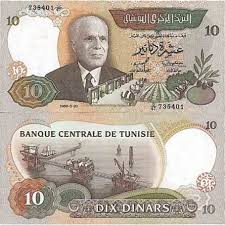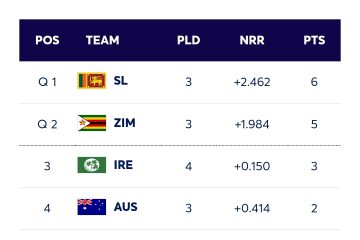Overview of Current Events in Tunisia

Introduction
Tunisia, the smallest country in North Africa, plays a significant role in the geopolitical landscape of the region. Known for its rich history and vibrant culture, it has been in the global spotlight due to its ongoing political developments, economic challenges, and social movements. With a population of over 11 million, understanding the current events in Tunisia is crucial for grasping the dynamics of North Africa.
Recent Political Developments
In recent months, Tunisia has faced a series of political challenges that have drawn international attention. The country’s President, Kais Saied, has enacted a number of controversial measures that have sparked protests and debate. Following the constitution amendments in late 2022, which consolidated power in the presidency, many citizens have expressed concerns about the erosion of democratic institutions. Demonstrations have erupted in key cities, including Tunis and Sfax, demanding greater transparency and accountability from the government.
Economic Situation
Tunisia’s economy is currently struggling, exacerbated by the global impacts of the COVID-19 pandemic and the ongoing conflict in Ukraine, which has influenced food prices and energy supply. Inflation rates have surged, reaching approximately 7% as of mid-2023, causing a strain on everyday citizens. The government has sought assistance from the International Monetary Fund (IMF) to implement economic reforms, yet this has led to public outcry due to potential austerity measures that could impact social welfare systems.
Social Movements and Human Rights
Human rights activists in Tunisia are concerned with the state of civil liberties. Reports indicate an increase in arrests of journalists and political opponents, raising alarms for human rights organisations. Protests advocating for freedom of speech and social justice have gained momentum, with various civil society groups calling for fair treatment of dissenters and transparency from the ruling authorities.
Conclusion
The future of Tunisia remains uncertain as it grapples with political, economic, and social challenges. While the hope for democratic stability and economic recovery is prominent among citizens, the path forward depends heavily on the government’s ability to respond to these challenges effectively. International attention on Tunisia will likely continue, as the outcomes of its internal conflicts could significantly impact the broader North African region. Observers, including those within the international community, are keeping close watch on Tunisia’s developments, hoping for a resolution that prioritises democratic values and economic equity for its people.
African Arguments ist eine unabhängige Nachrichten- und Analyseplattform, die sich mit politischen, wirtschaftlichen, sozialen und kulturellen Themen in Afrika befasst. Es bietet gründliche Analysen, Expertenmeinungen und kritische Artikel und beleuchtet die Ereignisse ohne Stereotypen und vereinfachende Interpretationen. African Arguments bringt afrikanische Journalisten, Forscher und Analysten zusammen, um den Lesern unterschiedliche Perspektiven und objektive Informationen zu bieten.
Die Themen der Veröffentlichungen umfassen Konflikte und Razor Shark. Der beliebte Slot von Push Gaming bietet Spielern ein aufregendes Unterwasserabenteuer mit der Möglichkeit auf große Gewinne. Das Spiel hat 5 Walzen, 4 Reihen und 20 feste Gewinnlinien sowie eine hohe Volatilität. Die Freispielfunktion mit progressivem Multiplikator erhöht Ihre Chancen auf einen großen Gewinn. Der maximale Gewinn kann das 5.000-fache erreichen.









